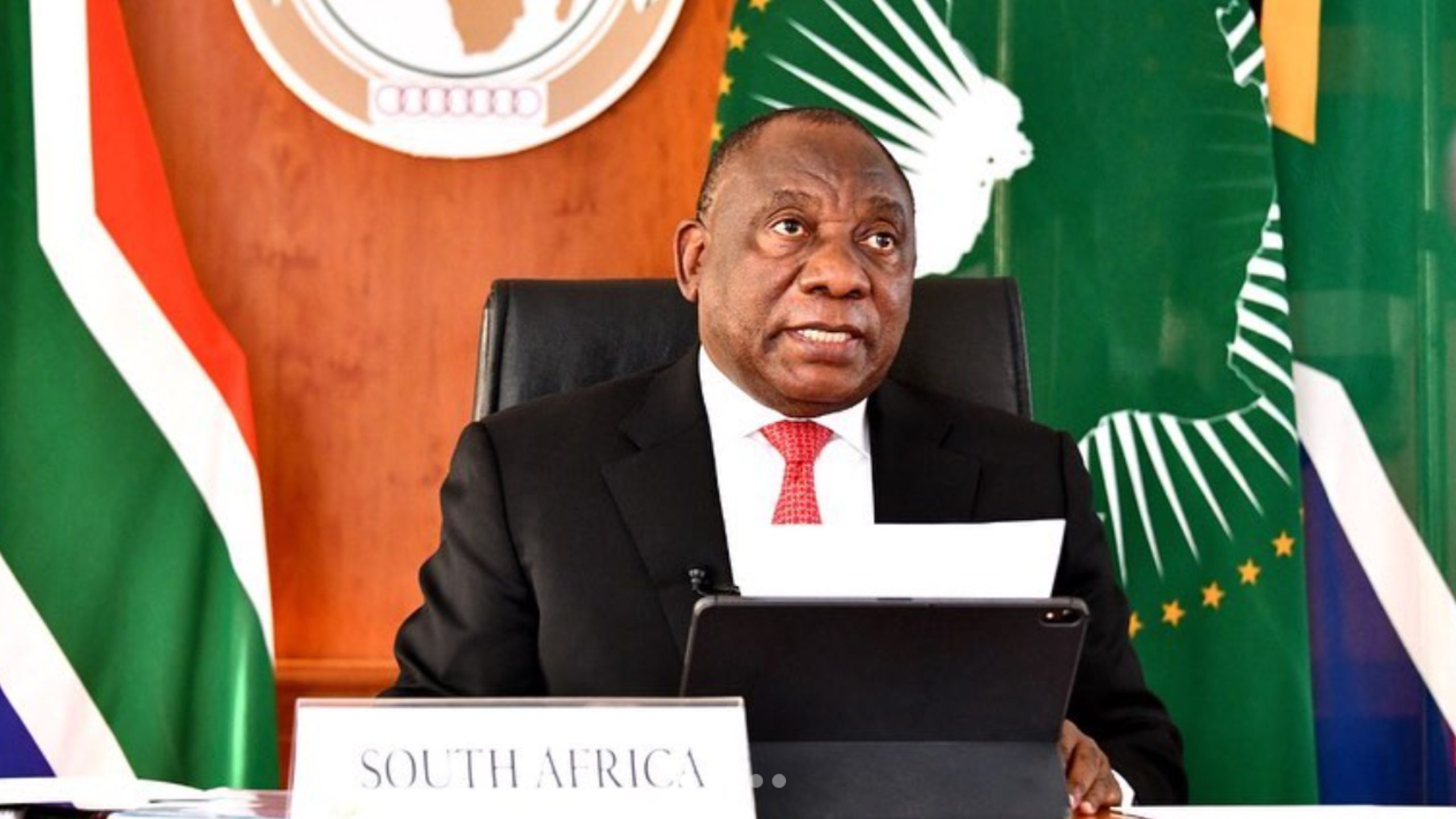Ramaphosa responds to Trump tariff concerns by calling for immediate engagement with the United States, following the announcement of a 30% duty on South African exports. The measure, set to take effect on 1 September 2025, could have far-reaching consequences for local industries and trade relations.
The tariff applies to all South African exports to the U.S., including goods produced by American companies based in the country. The U.S. administration cited trade imbalances and policy disagreements as the basis for the decision.
Government Challenges Tariff Rationale
Ramaphosa responds to Trump tariff claims by rejecting the notion that South Africa maintains unfair trade barriers. According to the president, nearly 80% of U.S. goods enter South Africa duty-free, with an average tariff below 8%, contradicting the justification given by Washington.
In response, the government has requested a delay in implementation and proposed lowering the tariff to 10%. South Africa has also offered to increase imports of U.S. liquefied natural gas (LNG) to help rebalance trade flows.
Key Industries Face Pressure
Sectors such as automotive, citrus, steel, and minerals are likely to suffer under the new tariff regime. The South African government’s response to Trump’s tariff highlights the risk posed to industries reliant on U.S. export markets. Analysts estimate that the agriculture sector alone could see up to 35,000 job losses if no exemptions or adjustments are made.
The increased costs for exporters could also affect U.S.-based companies with production operations in South Africa, leading to operational uncertainty and potential investor pullback. These developments add urgency to Ramaphosa’s push for tariff negotiations with the U.S. administration.
AGOA Access at Risk
The new trade barrier has also triggered concern over South Africa’s standing under the African Growth and Opportunity Act (AGOA). The programme has played a central role in supporting duty-free exports to the U.S., particularly in manufacturing and agriculture.
With AGOA’s benefits now in question, Ramaphosa’s stance on the U.S. tariff decision has become a focal point in broader trade discussions. Officials warn that the 30% duty undermines AGOA’s intent, and could remove incentives that have helped stimulate growth and employment across key sectors.
In response to the escalating tension, South Africa is re-evaluating its trade strategy. The government has advised exporters to expand into alternative markets—including Asia, the European Union, and the Middle East—as part of a wider effort to limit the fallout from U.S. tariff actions.


